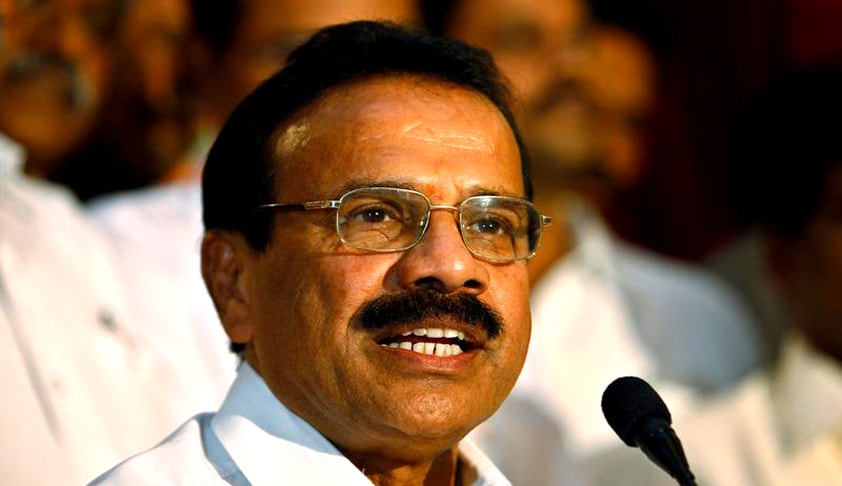MoP for Judicial Appointments: The process of consultation with the state governments has been initiated; Law Minister
PIB
16 Feb 2016 10:24 PM IST

Next Story
16 Feb 2016 10:24 PM IST
The Ninth meeting of the advisory council of the national mission for justice delivery and legal reforms was held here in New Delhi today. Speaking on the occasion Union Law & Justice Minister Shri D.V. Sadananda Gowda, who chaired the meeting said access to justice is an is an integral part of our Constitution. To achieve this objective, we need to continuously improve our legal and...
